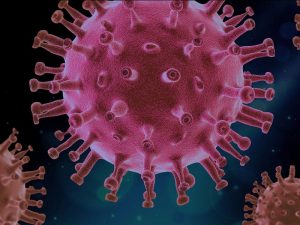COVID-19 Exposed Our Deficiencies
 COVID-19 exposed all the deficiencies in health care that already existed and placed patients and health care workers at risk for preventable harm. In the absence of functional, widely available primary care, the United States has established ad hoc systems to advise and treat many Americans, but these systems have failed. The attendant delays and expenses would have been avoidable had the virus not been politicized, which makes everything more difficult.
COVID-19 exposed all the deficiencies in health care that already existed and placed patients and health care workers at risk for preventable harm. In the absence of functional, widely available primary care, the United States has established ad hoc systems to advise and treat many Americans, but these systems have failed. The attendant delays and expenses would have been avoidable had the virus not been politicized, which makes everything more difficult.
Another problem facing the U.S. health care system is its lack of reserve capacity to handle crises of the type the country is now experiencing. For example, the system’s supply of hospital beds has been declining for the past two decades because of hospital closures and mergers. Now, in too many areas, patients are lining up on gurneys in frantically busy emergency departments with patients overflowing into the halls of hospital floors—and even to tents outside. These issues are particularly acute in rural areas, where shortages of health professionals and emergency facilities are routine in normal times.
For years, epidemiologists have warned us of the possibility of catastrophic epidemics of new flu-like illnesses, but the U.S. delivery system wasn’t ready. Among many other reasons for this lack of preparedness, the Centers for Medicare and Medicaid Services doesn’t factor in the costs of stand-by capacity in its routine payments to hospitals, which limits hospitals’ ability to build and maintain the extra beds and supplies that might be required.
The current pandemic should trigger a careful examination of the reserve capacity needed to manage a comparable future event. The first step is to determine how to create that reserve. This might begin with…




